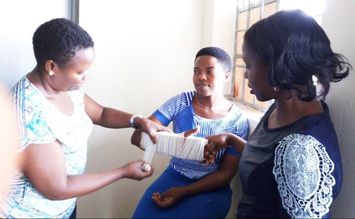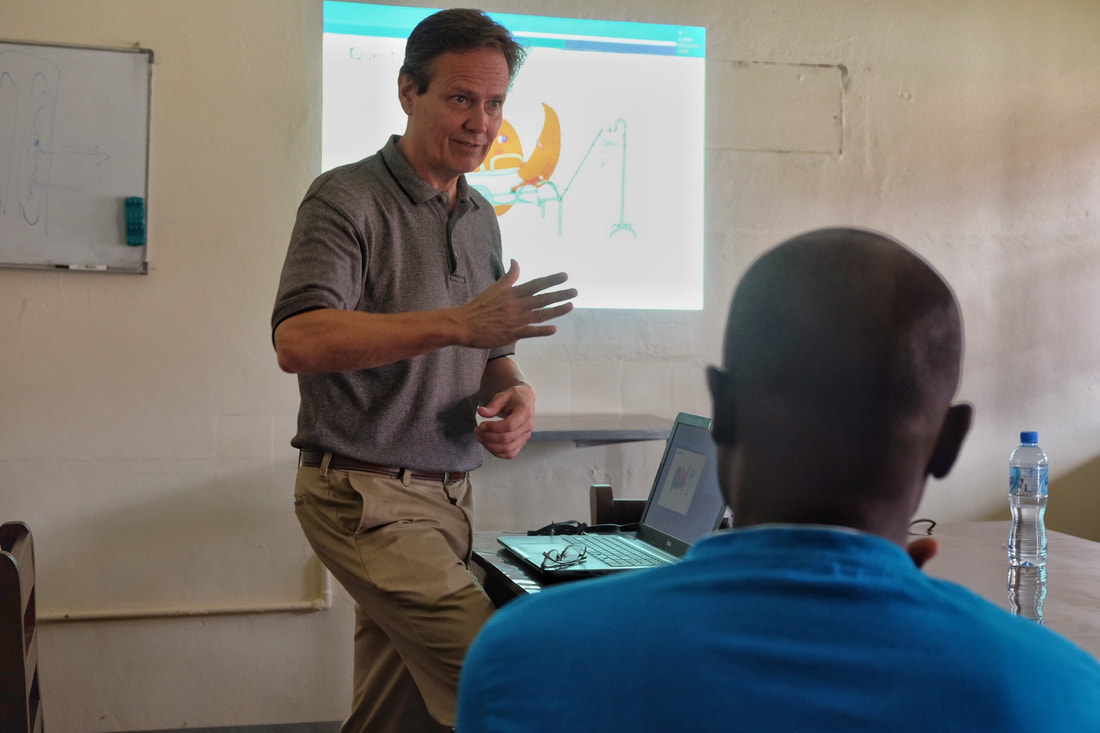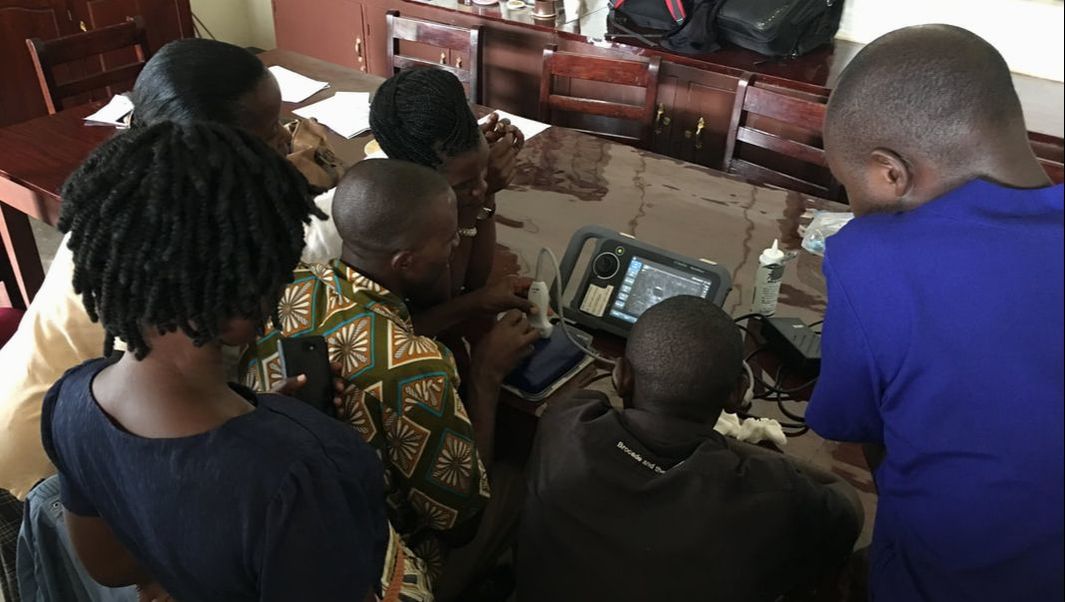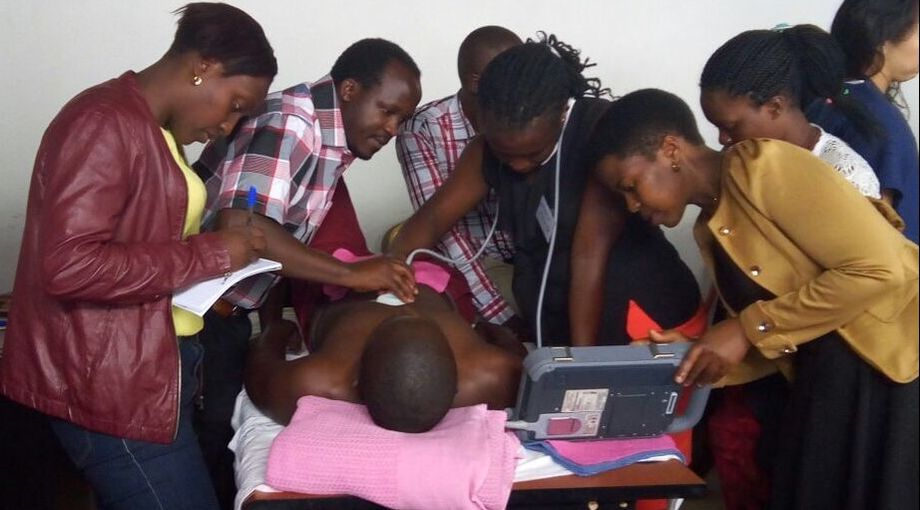"ECPs can be trained in 2 years, whereas it would take nearly a decade and…
Transforming Emergency Care In The Masaka District Of Uganda
Update: AllPeopleBeHappy Disburses Second Installment of Joint Challenge Grant to Global Emergency Care and LifeNet International
Masaka, Uganda: AllPeopleBeHappy (APBH) is well on its way to awarding $2M in grants since its founding in 2007. But, for ABPH, it’s not just about donations; it’s also about connecting people who are working to address poverty in remote regions in the under-developed world.
Such was the case when both Global Emergency Care (GEC) and LifeNet International (LN) independently submitted grant proposals to fund health care in Uganda. The APBH Board recognized the complementary nature of the two proposals and the potential for greater benefit that could come through collaboration.
Global Emergency Care runs an emergency medicine training program for non-physician clinicians designed to teach symptoms based emergency medicine, and includes an educational train-the-trainer component. LifeNet International operates through a franchise model to build and strengthen in-country capacity in the healthcare delivery chain by strengthening existing local health facilities.
“When I approached each organization with the suggestion that they work together, much to our delight, they requested introductions, and within a matter of weeks they began collaborating on a joint proposal,” said AllPeopleBeHappy Executive Director, Barbara Tang.
There is an urgent need for emergency care trained health workers in Uganda. In the United States, there are over 35,000 emergency-care physicians, but there are no Ugandan-trained emergency physicians.
APBH funded a joint proposal to “Transform Emergency Care in the Masaka District of Uganda” in the amount of $120,000 in 2017. The second of three $40,000 installments has now been disbursed.
LN’s Nurse Managers prectice splinting with Elizabeth, one of GEC’s ECPs
With the first year completed, GEC-trained Emergency Care Providers (ECPs) have trained five LN Nurse Trainers in basic emergency care and some advanced topics, including triage, antibiotics, shock, and fever. These five LN Nurse Trainers have begun training health workers at 14 LN partner health facilities to recognize and treat basic emergency illnesses and injuries.

LN Medical Team Leader James Kagawa recently reflected on the importance of training these health workers in emergency care. “The burden of accidents and emergencies in Uganda is high,” said James. “Unfortunately, the healthcare system doesn’t (yet) have a well-structured emergency care program. Through the partnership with GEC, LN Nurse Trainers are being equipped with hands-on emergency care skills that we will, in turn, teach to health workers in lower-level health facilities, thus promoting proper handling of emergency cases.”
GEC’s Program Director, Rashidah Nambaziira, added, “GEC’s partnership with LN empowers nurses at the health center level. Coupled with GEC’s development of both the Diploma in Emergency Care and the Emergency Medicine residency programs, we are advancing the development of a viable emergency care system for Uganda.”
At the conclusion of the three-year grant period, the goals of the combined effort are that LN Nurse Trainers will be equipped to provide emergency training to health workers in LN partner facilities and that GEC will grow its program across a larger region, so that, ultimately, all Ugandans will have access to lifesaving emergency care.



This Post Has 0 Comments